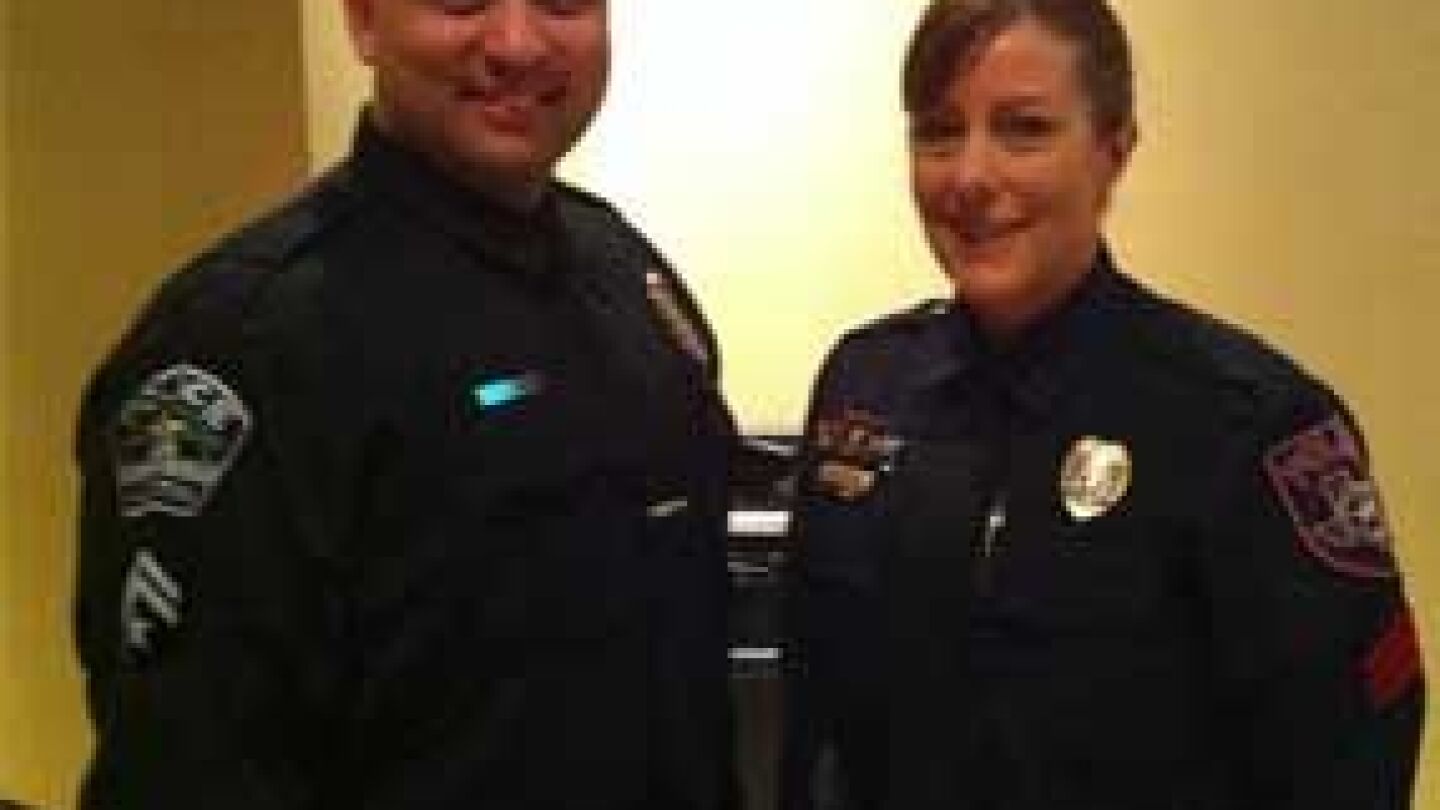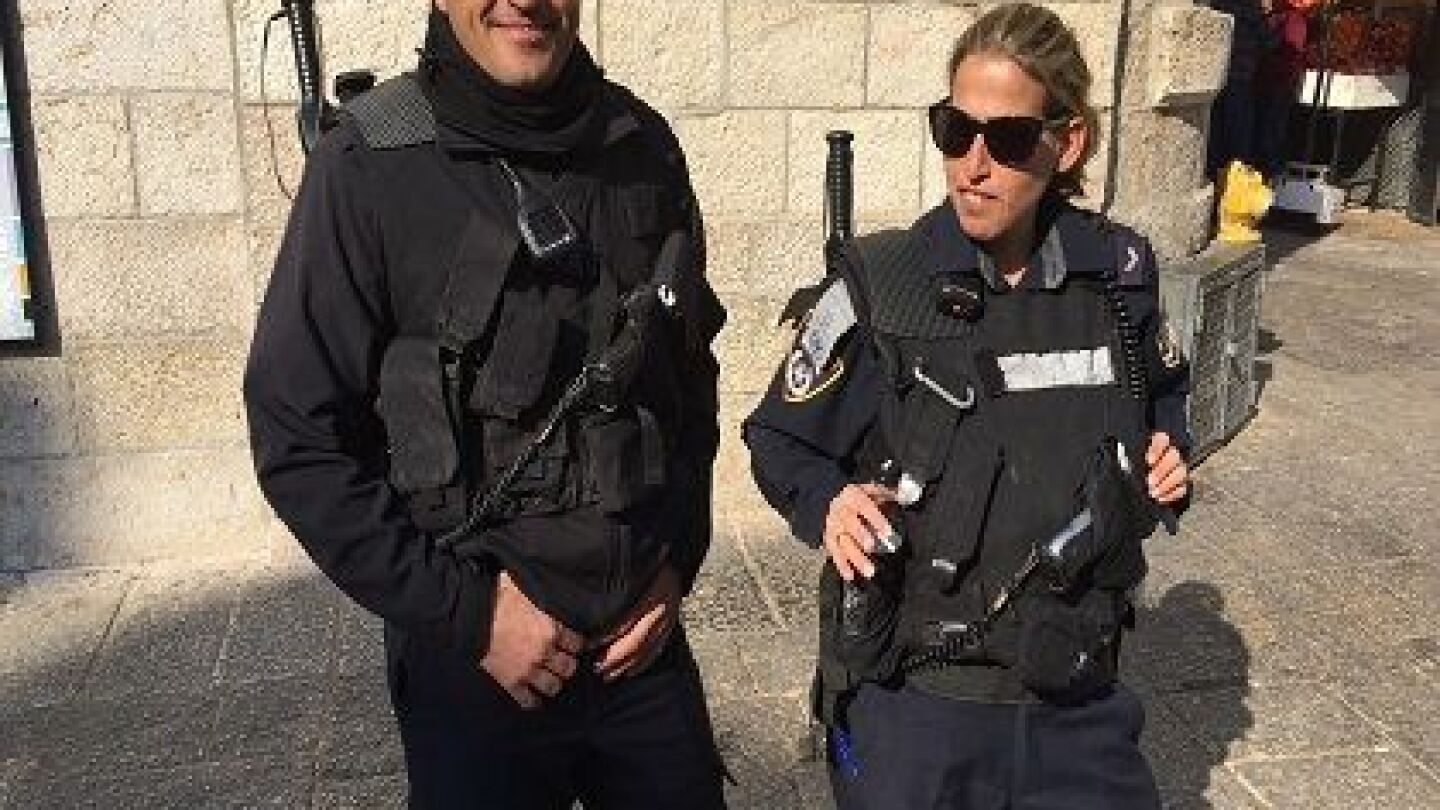Download this week’s episode on Apple Podcasts, Amazon Music, Spotify or via RSS feed, and watch the video version on Police1’s YouTube channel.
As more women step into command roles, their leadership paths offer lessons for anyone moving up in the ranks. In this episode of the Policing Matters podcast, Capt. Michelle Tavarez of the Las Vegas Metropolitan Police Department shares how she built credibility, handled setbacks and now leads some of the agency’s most high-stakes units.
Captain Tavarez oversees LVMPD’s Safe Neighborhoods Bureau, including the gang, vice and narcotics units, and helped shape the department’s internal and community-facing mentorship efforts through the Women of Metro council. She talks about the value of diverse leadership, lessons from her own promotional journey and why support from agency leaders — including former Sheriff and current Governor Joe Lombardo — played a pivotal role in her advancement.
| SURVEY: 🕒🛡️What’s the best shift length for policing? We want your input
Tune in to discover:
- Why being told to “wait until after the baby” didn’t stop her from getting promoted — and what happened next
- How command presence and confidence can outweigh size — and why that matters on the street
- What departments get wrong about “equal training” — and how to ensure safety without lowering standards
- Why empathy is a tactical advantage — and how female officers are changing the use-of-force equation
- How Women of Metro is shaping future leaders — and the event that grew from 40 to 500 in five years
Key takeaways from this episode:
- Progress takes persistence: Tavarez emphasizes that women should keep trying even after setbacks, citing her own delayed promotion while pregnant and the support she ultimately received from department leadership.
- Empathy is a strength: Female officers may approach calls with more emotional intelligence, helping de-escalate situations and reduce use-of-force incidents.
- Equal training, realistic expectations: Gender-neutral training standards are essential for officer safety, but accommodations for things like pregnancy must also be considered.
- Representation matters: Seeing women in command roles helps inspire the next generation of officers and build trust within communities.
- Mentorship builds momentum: Programs like Women of Metro provide informal guidance and leadership exposure that can change the trajectory of a young officer’s career.
About our sponsor
This episode of the Policing Matters podcast is sponsored by OfficerStore. Learn more about getting the gear you need at prices you can afford by visiting OfficerStore.com.
Rate and review the Policing Matters podcast
Enjoying the show? Please take a moment to rate and review us on Apple Podcasts. Contact the Policing Matters team at policingmatters@police1.com to share ideas, suggestions and feedback.





